The impact of the crisis on the workplace – Part II A shift in leadership style needed
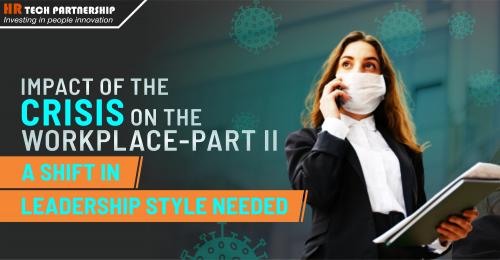
The current crisis has seen two significant changes in attitudes by employers around employees–
- Executives have had to become sensitive to the changing ways in which business is conducted at a human level.
- The identity of workers has been redefined and they now have a greater voice around their work arrangements
As our last blog outlined, businesses have experienced an organisational shift as work been transferred online. Leaders and employees have had to adapt to a new style of communication, and this has meant that some leaders have had to readdress their core values and focus on promoting compassion and sensitivity.
The ‘old way’ of structuring an organisation with the traditional top-down management style is not defunct. However, the way feedback is given and mentorship is conducted has had to adapt to the fact that face-to-face conversations are now a thing of the past (as are the informal yet invaluable discussions that would take place around the coffee machine). As one often-quoted study proclaims, an overwhelming proportion of our communication is non-verbal. What is the impact on business, therefore, when we cannot read our colleague or our subordinate’s body language? Many leaders have struggled with the otherwise instinctive skill of understanding what their employees are thinking and feeling. In short, the attributes of empathy and emotional sensitivity in business have never been more important.
So, the two key challenges around leadership behaviors have been:
- How do senior leaders make quick decisions in this uncertain environment whilst being empathetic?
- How do managers ensure feedback, coaching, and support to their teams in a remote environment?
This is particularly integral because of the anxiety and uncertainty that employees in all sectors have been experiencing. It has included challenges-
- Essential workers, who have seen their hours drastically increase and their health put at risk.
- Workers whose pay has been diminished, or who have lost jobs or been furloughed.
- Virtual Knowledge Workers, on whom the impact has been relatively minimal.
Furlough schemes across the world have been effective to various extents, though in general, they have made a big difference in managing the immediate financial impact of COVID-19 on workers. However, more needs to be done to help zero-hours workers, temporary employees, and those working in supply chains without other social protection – who often make up the most vulnerable groups in society. Digital and AI solutions can make a big difference in helping managers ‘humanise’ the workplace. The ability to get pro-active insights into employee expectations and personalise the support needed can make a big difference in keeping employees engaged.
This is a crisis that has affected everyone, in innumerable ways. Leaders now have a far greater responsibility in ensuring employee well-being is maintained.
The London based HR Tech Partnership runs a Human Capital Digital Innovation Hub to facilitate learning and adoption by corporates of agile start-ups around Talent and Workplace productivity. It also has a People Tech investment venture which funds early-stage start-ups incorporating AI and leading-edge technology. The team and most of its stakeholders have senior corporate experience and a good understanding of large organisations.
Visit: http://www.hrtechpartnership.com
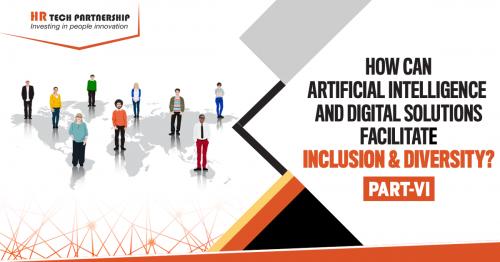

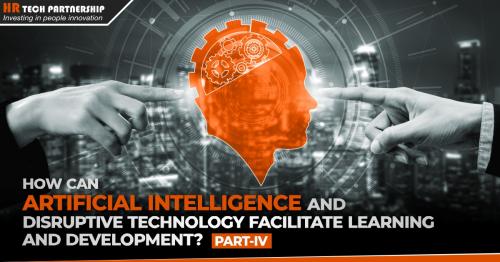
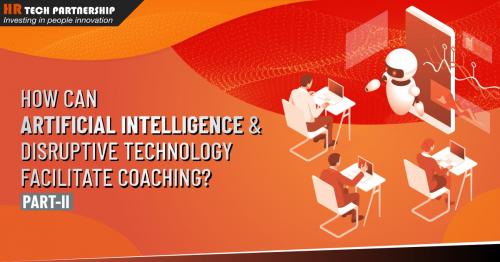
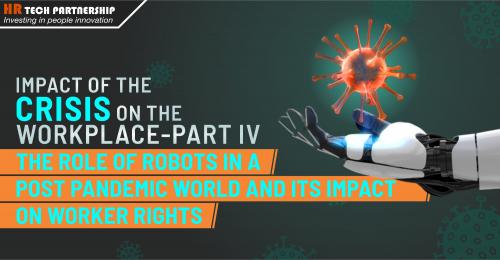



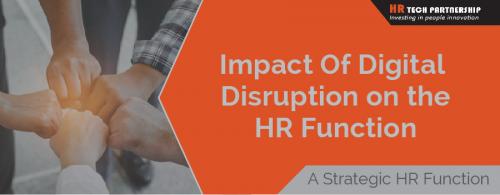
Comments